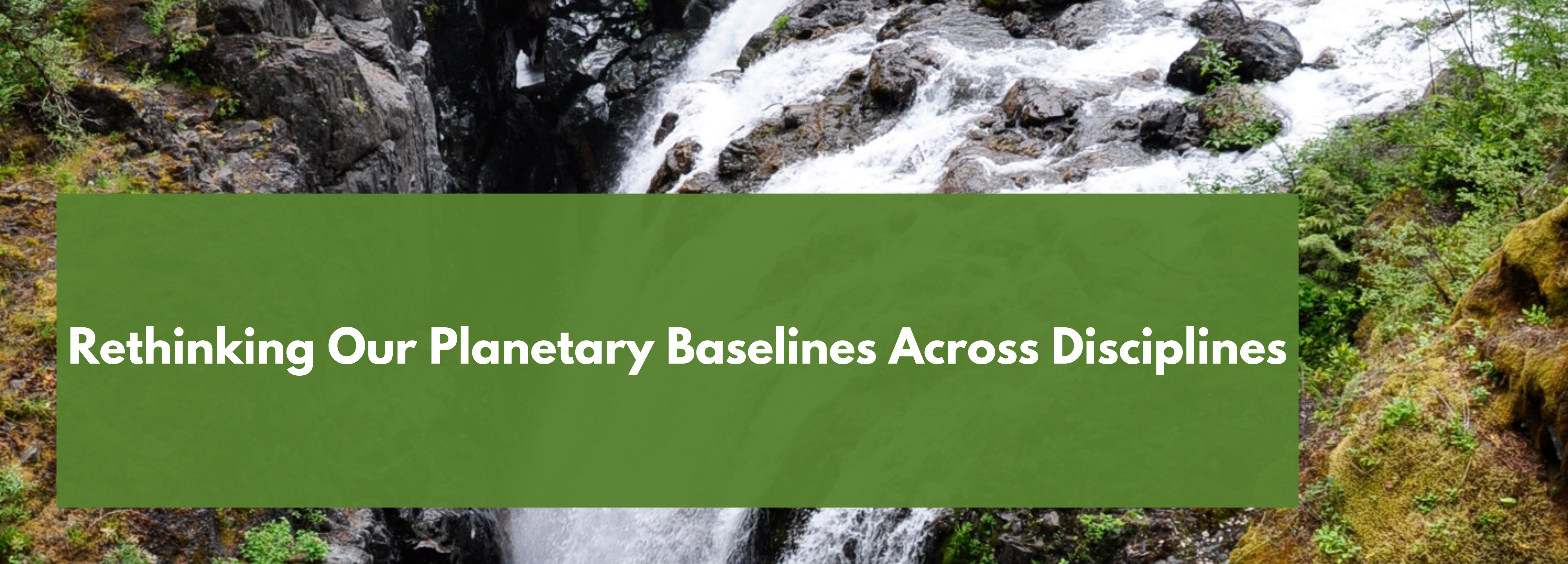
-
Daniel Pauly, UBC Killam Professor, Institute for the Oceans and Fisheries; with Alec Blair, Geography; Kendra Chritz, Earth, Ocean and Atmospheric Sciences; Nina Hewitt, Geography; and Margaryta Pustova, Geography
Coach House, Green College, UBC and livestreamed
Wednesday, March 8, 5-6:30pm with reception to followin the series
Unstandardizing Standards: Baselines, Memories and Connections in the Human and Other Natural Sciences -
Several decades ago, UBC Professor Daniel Pauly coined the term "shifting baselines" to describe the creeping decline in biodiversity and ecosystem health over time, and societies’ collective memory loss for past biological richness, such that the current system state is seen as the norm by each successive human generation. This session explores the concept of baselines: how we define them and extend them to understand changing relationships between humans and environments over time, in fields spanning fisheries to climate science to biogeography/ecology, and how we imagine baselines and norms within these and broader fields of natural and social sciences. They ask the questions: “what is normal” and “how are 'norms' defined in natural and social systems?”
The evening will begin with an introduction by Daniel Pauly, leading to a discussion with Green College Leading Scholars about other interpretations of baselines and accepted “norms” within the systems and scholarly fields they study. The session participants will be invited to participate and actively reflect on how their own norms and perceptions have shifted as they explore approaches to their work.
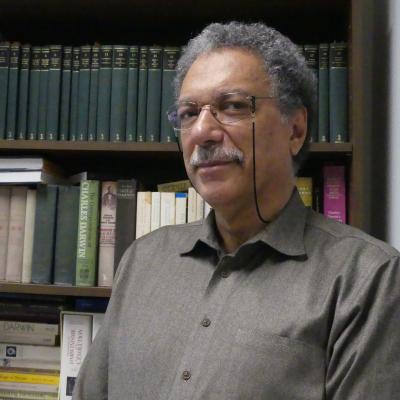 Daniel Pauly completed his doctorate in Fisheries Biology, Zoology and Oceanography at from the University of Kiel. After many years at the International Center for Living Aquatic Resources Management (ICLARM), in Manila, Philippines, he became Professor at the Fisheries Centre of the University of British Columbia, Vancouver, Canada, of which he was the Director for five years. Since 1999, he is also Principal Investigator of the Sea Around Us Project, which is devoted to studying, documenting and promoting policies to mitigate the impact of fisheries on the world’s marine ecosystems. Daniel Pauly is also co-founder of FishBase, the online encyclopedia of fish, and he contributed to the development of the widely-used Ecopath software for modeling aquatic ecosystems. He is the author or co-author of over 1000 scientific papers, book chapters and other contributions on fish, fisheries and related topics.
Daniel Pauly completed his doctorate in Fisheries Biology, Zoology and Oceanography at from the University of Kiel. After many years at the International Center for Living Aquatic Resources Management (ICLARM), in Manila, Philippines, he became Professor at the Fisheries Centre of the University of British Columbia, Vancouver, Canada, of which he was the Director for five years. Since 1999, he is also Principal Investigator of the Sea Around Us Project, which is devoted to studying, documenting and promoting policies to mitigate the impact of fisheries on the world’s marine ecosystems. Daniel Pauly is also co-founder of FishBase, the online encyclopedia of fish, and he contributed to the development of the widely-used Ecopath software for modeling aquatic ecosystems. He is the author or co-author of over 1000 scientific papers, book chapters and other contributions on fish, fisheries and related topics.
 Alec Blair is a Lecturer in the Department of Geography at UBC. He teaches in the undergraduate Environment and Sustainability program, including courses on the climate emergency, natural hazards, political ecology and urban environments. His own research focuses on a range of human-environment relations, including exploring how global conservation agendas impact livelihood transitions and the adoption of community-based conservation in Kenya, and how historical Canadian landscape painting intersects with current discourses surrounding the human/nature dichotomy in the Anthropocene. He is also the director of the Lawren S. Harris Inventory Project, working with the estate of the artist.
Alec Blair is a Lecturer in the Department of Geography at UBC. He teaches in the undergraduate Environment and Sustainability program, including courses on the climate emergency, natural hazards, political ecology and urban environments. His own research focuses on a range of human-environment relations, including exploring how global conservation agendas impact livelihood transitions and the adoption of community-based conservation in Kenya, and how historical Canadian landscape painting intersects with current discourses surrounding the human/nature dichotomy in the Anthropocene. He is also the director of the Lawren S. Harris Inventory Project, working with the estate of the artist.
 Kendra Chritz is an Assistant Professor in the Department of Earth, Ocean and Atmospheric Sciences at UBC. She is an isotope geochemist and paleoecologist whose research focuses on the deep connections between human ancestors and the ecosystems they inhabit through geologic time. Her research group develops new geochemical methods to look for fingerprints of human behaviour and human activity throughout the course of our evolution in eastern Africa. She also explores the environmental impacts of recent technological advances, such as food production and urbanization, on environments, pinpointing the ancient origins of human impacts on modern ecosystems.
Kendra Chritz is an Assistant Professor in the Department of Earth, Ocean and Atmospheric Sciences at UBC. She is an isotope geochemist and paleoecologist whose research focuses on the deep connections between human ancestors and the ecosystems they inhabit through geologic time. Her research group develops new geochemical methods to look for fingerprints of human behaviour and human activity throughout the course of our evolution in eastern Africa. She also explores the environmental impacts of recent technological advances, such as food production and urbanization, on environments, pinpointing the ancient origins of human impacts on modern ecosystems.
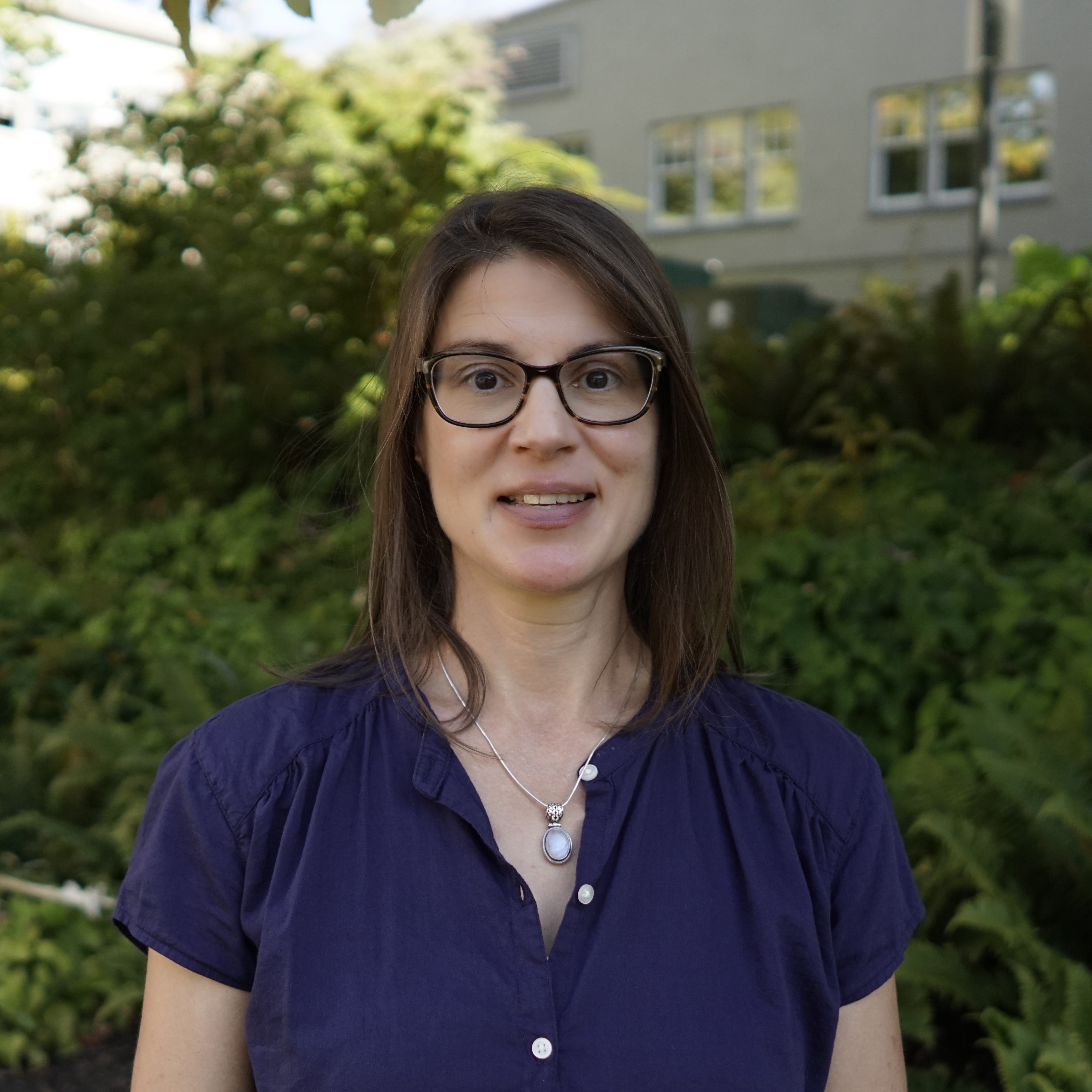 Nina Hewitt is an Associate Professor of Teaching in Geography, UBC. She is a biogeographer specializing in plant dispersal, migration and disturbance ecology in temperate forests and alpine ecosystems, with research in Ontario, BC and the Karakoram-Himalaya. She is interested in human impacts associated with ecosystem fragmentation, altered disturbance regimes, introduced invasive species and climate change, and how to manage these impacts. She also researches and develop digital tools for experiential field learning, including virtual and augmented reality tours of alpine, forest and other ecosystems that bring the field to the student (virtual reality) or the student to the field (augmented reality) and complement her own ecological research.
Nina Hewitt is an Associate Professor of Teaching in Geography, UBC. She is a biogeographer specializing in plant dispersal, migration and disturbance ecology in temperate forests and alpine ecosystems, with research in Ontario, BC and the Karakoram-Himalaya. She is interested in human impacts associated with ecosystem fragmentation, altered disturbance regimes, introduced invasive species and climate change, and how to manage these impacts. She also researches and develop digital tools for experiential field learning, including virtual and augmented reality tours of alpine, forest and other ecosystems that bring the field to the student (virtual reality) or the student to the field (augmented reality) and complement her own ecological research.
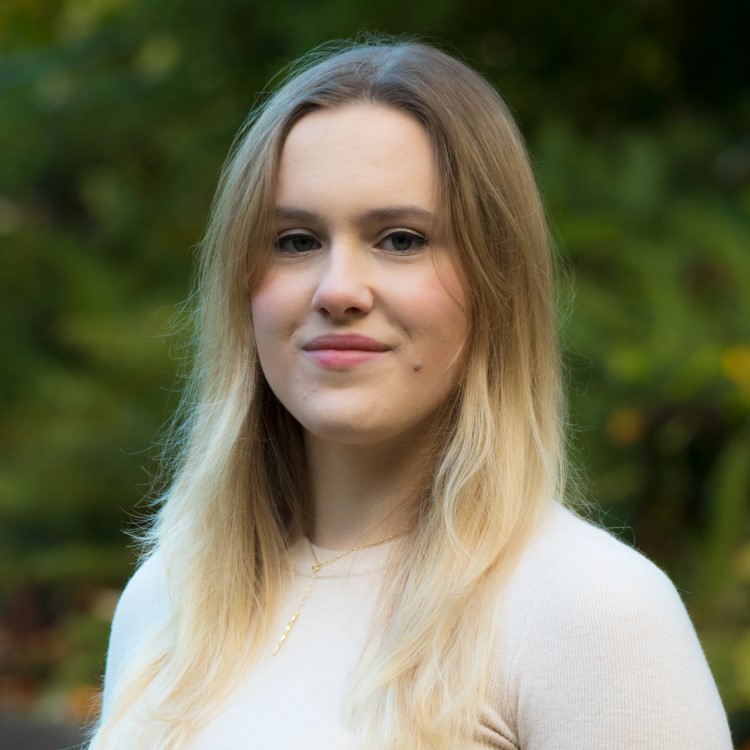 Margaryta Pustova is a graduate student at the Department of Geography. She is researching how extreme weather events, such as heat waves, affect the public’s preferences regarding climate change mitigation and adaptation actions. She is also interested in equitable decarbonization policies and community engagement on climate change. Ultimately, Margaryta is passionate about bridging the gap between climate science and climate action.
Margaryta Pustova is a graduate student at the Department of Geography. She is researching how extreme weather events, such as heat waves, affect the public’s preferences regarding climate change mitigation and adaptation actions. She is also interested in equitable decarbonization policies and community engagement on climate change. Ultimately, Margaryta is passionate about bridging the gap between climate science and climate action.
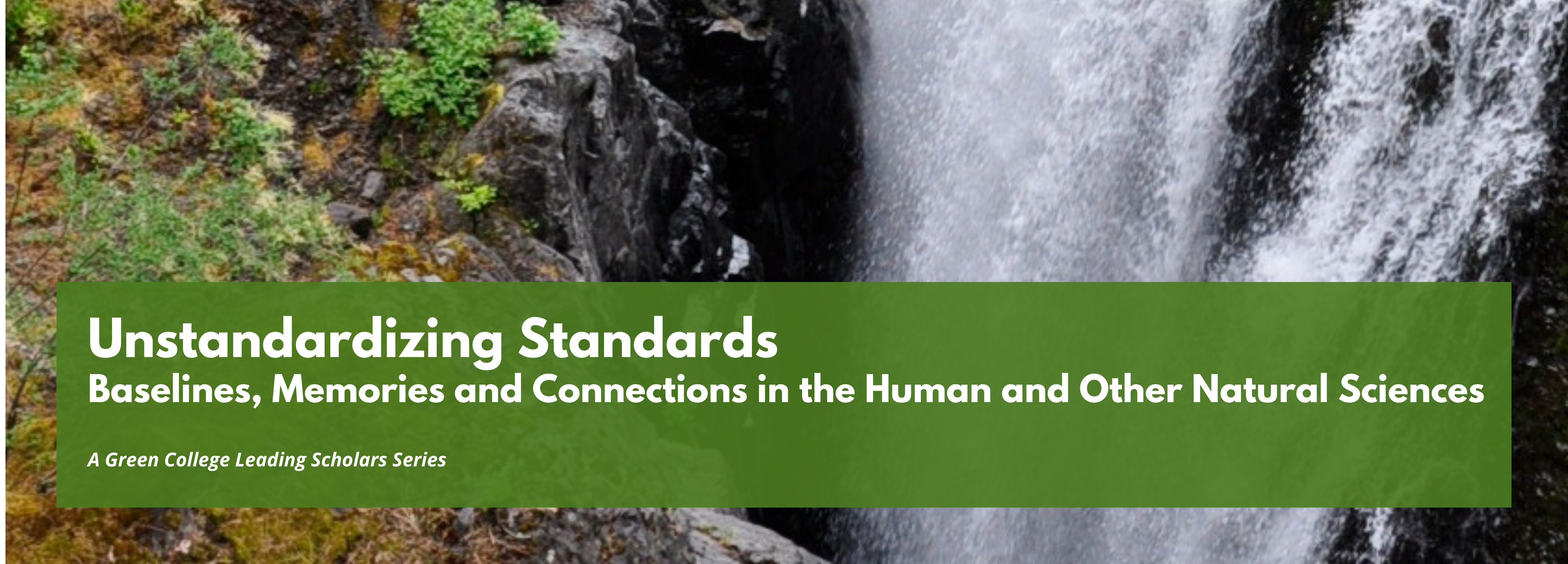
This Leading Scholars Series considers baselines, how they may be shaped by or inform memories and how they relate to disciplinary standards. Discussion will focus on how these baselines restore or revitalize our environment and ways of knowing, enhancing our understanding of diversity (ecological, linguistic, etc.), and providing a means to confront and heal memory interruptions through research and education. Each session presents a story that spans different perspectives in order to engage with concepts across disciplines.
Series Conveners: Nina Hewitt, Geography; Anaïs Orsi, Earth, Ocean and Atmospheric Science; and Meike Wernicke, Language and Literacy Education.

-
Unless otherwise noted, all of our lectures are free to attend and do not require registration.
6201 Cecil Green Park Rd
Green College, UBC
Vancouver, BC V6T 1Z1
Canada
Custom Lecture Fields
|